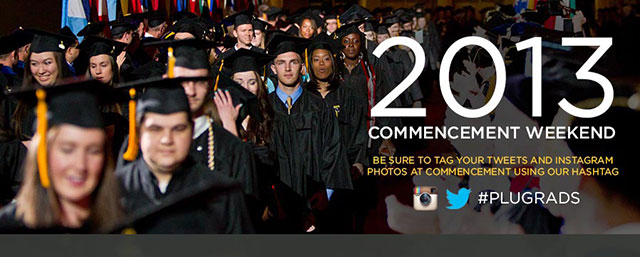Page 130 • (1,337 results in 0.083 seconds)
-
theoretical, empirical, and applied research questions. This course will introduce students to methods of data collection and analysis in social work and provide students with the tools to engage in this central component of scientific inquiry. This course lays the foundation for social research, including an introduction to the scientific method and ethics. Students will learn about several of the most used methods of research in social work, including experiments, surveys, interviews, practicum research
-
glucocerebrosidase (GCase) that affects amino acid residues preventing the breakdown of GlcCer. Symptoms are characterized by organ enlargement, bone deficiency, and neurological involvement that are often untreatable. Three different types of Gaucher disease, types 1, 2, and 3 (GD 1, GD 2, GD 3), are distinct from the severity of the disease, level of curability, and range of symptoms. Enzyme and substrate reduction therapy is the main therapeutics for curing the disease. The treatments vary in method; Enzyme
-
Lehmann will join Dr. Robert Ericksen in Ericksen’s retirement year. Survivor Renee Firestone and rescuer Nellie Trocme Hewett will also present talks during the three-day conference. Ilana Cone-Kennedy and Nick Coddington have prepared a Friday morning dual-track experience for teachers and high school students to explore teaching and learning the lessons of the Holocaust. Teachers seeking credit or clock hours are encouraged to attend. Clock hours will be provided free of charge upon request, and
-
Namibia’s capital city. One of them continues to teach as originally planned, the other took a slightly different path. Both credit Namibia for the direction of their vocation. And they aren’t alone. Many students carry lifelong lessons with them after returning from Windhoek, says Jan Weiss, assistant professor of education. An educational relationship that started with a grant-funded teacher training program involving PLU faculty members has evolved into a deeply immersive experience for PLU students
-

son in the mountains in the year 1206, he tells us. After a lovely lunch together, everyone tours the Tacoma Dome. We pace out the walk to the king’s “green room,” where he’ll change into his academic regalia for Commencement. We request a large press platform—more than a dozen members of the Norwegian press will follow the king on May 23, and already five or six local organizations have applied for credentials. Sven Gjeruldsen, the palace press secretary, asks us to move the press platform so
-
Scholarship Ebba and E. Arthur Larson Nursing Scholarship Ludvig and Clara Larson Endowed Scholarship Lutheran Brotherhood Sustaining Scholarship Fund John and Mary Lee Endowed Organ Scholarship Orlando and Myrtle Lee/Thrivent Financial for Lutherans Endowed Scholarship Guy J. and Louise Leesman Scholarship LHC (Lyman Claridge) Endowed Scholarship Fund Paul Liebelt Endowed Scholarship Lief Eie Endowed Scholarship Monica Sara Lightell Memorial Scholarship Ernest and Jennie Liming and Art and Ethel Cummings
-
historical methods and research (HIST 301) and 4 semester hours of seminar credits (HIST 499). Completion of the seminar course satisfies the core requirement for a senior seminar/project. Students are expected to work closely with the department’s faculty advisors to ensure the most personalized programs and instruction possible. Writing is emphasized across the curriculum. All History majors must take 20 semester hours of upper-division work in History for the major. All courses applied to the History
-
student expectations based on childhood experience she can scarcely even imagine. Applied Feminist Pedagogy Applying feminist pedagogy to the foreign language classroom means asking how our theory and practice connect. The aims of feminist pedagogy are, first, to empower students to direct their own learning; second, to reduce hierarchical differences in student-teacher interactions; and third, to expose the biases and objectives of educational agendas. In the foreign language classroom, despite the
-

summer before my senior year of high school and fell in love with the campus immediately; everyone I met with was incredibly kind and welcoming. After hearing a little about the Environmental Studies program and the opportunities I would have to study away, I was hooked. I applied, got accepted, and received a pretty awesome financial aid package. I was amazed how perfectly everything fell into place. An added bonus was the fact that I wouldn’t have to deal with the harsh Minnesota winters any more
-
this first ballot are only preliminary. After preliminary votes on all candidates, each case is reviewed again, with attention to any new evidence and to the consistency of applied criteria. Then a final vote is taken on each case by secret ballot. The committee first reports the affirmative or negative character of each final ballot (but not the exact proportion of yeas and nays) to the provost, who is then invited to discuss with the committee those cases in which their judgment differs. An
Do you have any feedback for us? If so, feel free to use our Feedback Form.


